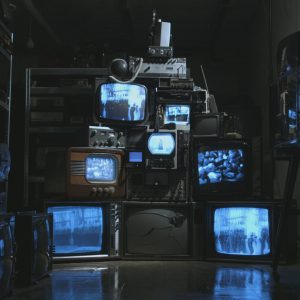In 2015, while Maya worked as a researcher for a documentary film director, she came across an article about the Opera and Ballet Theatre of Donetsk. The war in Ukraine had been raging for a year, Donetsk was under siege, bombarded day and night, but the theatre kept on resisting, stubbornly performing its repertoire in the deserted city.
Both of us immediately developed a personal affection for the story, nonetheless Maya had to propose the project to the director. The subject had clear potential, but, after reflecting for some time, the production declined the project: it was “too risky”.
We were thrilled: the project was going to be ours.
We thought that, in order to resist, one must take up arms. With bullets, you can defend your land, your home, your family and, sometimes, even ideals. But how could Tchaikovsky stop a whole army? How could a romantic pas de deux respond to cannon blasts?
Standing on its toes, the theatre defended the highest and noblest virtue of the Human Being: Art.
They lacked water, food and electricity, but they worked without a salary and gave out tickets for free.
Hidden under a blanket of international interests competing for the territory, quietly, this group of workers, ballet dancers and musicians weren’t just opposing: they were dismantling, day after day, the modern myth of Liberalist ideology.
What do you mean? – you might ask.
The question should be rather addressed to the theatre’s doorkeeper, Kolia, the first person to arrive every morning, to open the gates for the office staff. Musicians and technicians, prop makers and make-up artists turn up one after the other. In small groups, the opera choir strolls in. From Kolia’s little booth, placed at the back entrance, passes Sasha, the handyman; walking briskly, the Theatre Director crosses the threshold, greeting him with a nod. In the afternoon, silently, the ballet dancers arrive from the frontline. Later, loud chatter announces the arrival of the young ballerinas of the academy.
Without any heroic exploits, nor revolutionary ideals, Kolia risks his life every day; with or without war, the theatre’s gates have to be opened. And in the evening, after all the lights have been put out and the last door has been locked, making his way towards his rickety car, without even being aware of it, Kolia will have taken down another piece of the theory of profit, as the one and only aim of human conduct.
He will sit at the kitchen table, fight with his wife about the stench of marinated cabbages she bought for a fortune on the black-market, and before falling asleep, in the dark of his bedroom, he will stare at the ceiling lamp above his bed, dangling as motionless as a hung man. The bombs are roaring from afar. The Human Being, they say, is egoistic by nature. But Kolia doesn’t know this and, God willing, tomorrow the theatre will be opened again.
For years we held doubts about our vocation: how can one make Art on the brink of a Third World War? Shouldn’t we do something else, perhaps something a bit more “practical”?
It was the theatre in Donetsk that gave us the answer: do not flee, do not give up, but resist, in the name of truth and justice, beauty and harmony.
The message is simple: an alternative to egoism exists, and it is our duty to pursue it. This film is a muster addressed to all of those that, despite being scattered, make up the part of the world’s population which can be defined as “diffused intelligentsia”.
At last, Quiet please! Curtain up is an Italian-Russian film, regardless of whom will produce it.

